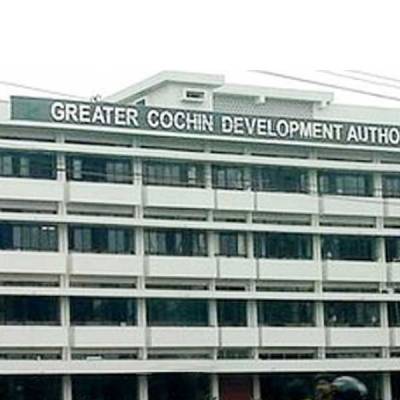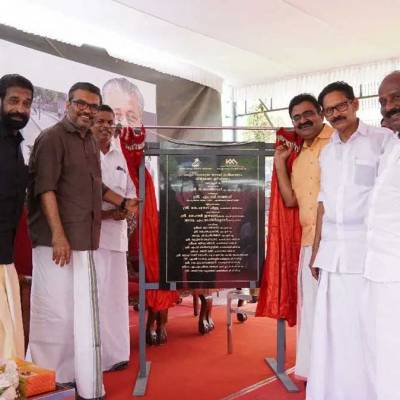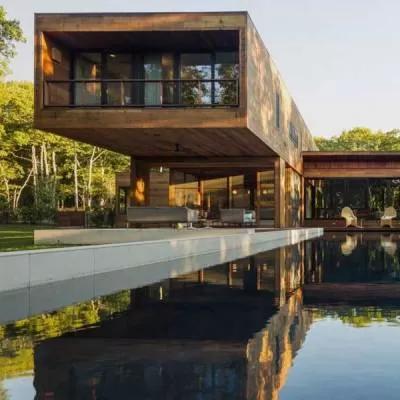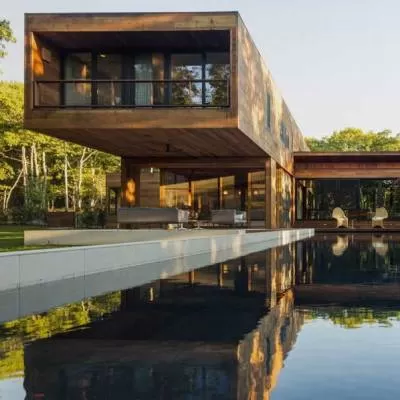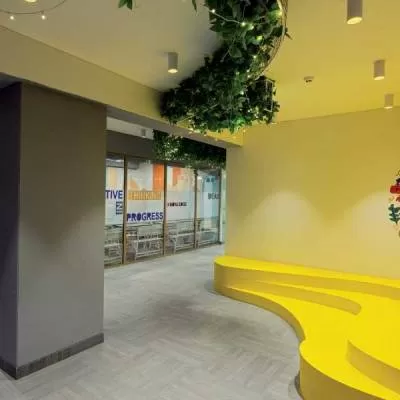- Home
- Real Estate
- Uncertainty shadows six GCDA projects
Uncertainty shadows six GCDA projects
Land pooling involves a collective effort where a group of landowners can contribute their land parcels for public projects or infrastructure development. After rearranging the plots and developing infrastructure, the remaining land will be returned to the original owners. Although owners will receive only 60% of their original land, the land's value will be significantly higher, three to four times more than its initial worth.
TDR practices aim to conserve land with environmental or cultural value, such as farmlands, areas near protected natural and cultural resources, and sensitive zones. In return, the government issues TDR certificates, allowing construction in other designated areas. These rights can be sold to builders who can use them to obtain permits for construction in specific zones.
To implement TDR and land pooling practices, the government needs to amend The Kerala Town and Country Planning Act. While the state government initially supported GCDA's initiative to adopt land pooling and TDR methods for its projects, officials from GCDA now report that the government has lost interest in implementing these practices.
When the Greater Cochin Development Authority (GCDA) organised an urban conclave in the city in November last year, they promised to implement practices like land pooling and transferable development rights (TDR) for major infrastructure projects planned in the city. However, the future of at least six mega projects, including a sports hub at Chengamanad, planned by the authority, is uncertain because the state government is not enthusiastic about adopting land pooling and TDR practices. Land pooling involves a collective effort where a group of landowners can contribute their land parcels for public projects or infrastructure development. After rearranging the plots and developing infrastructure, the remaining land will be returned to the original owners. Although owners will receive only 60% of their original land, the land's value will be significantly higher, three to four times more than its initial worth. TDR practices aim to conserve land with environmental or cultural value, such as farmlands, areas near protected natural and cultural resources, and sensitive zones. In return, the government issues TDR certificates, allowing construction in other designated areas. These rights can be sold to builders who can use them to obtain permits for construction in specific zones. To implement TDR and land pooling practices, the government needs to amend The Kerala Town and Country Planning Act. While the state government initially supported GCDA's initiative to adopt land pooling and TDR methods for its projects, officials from GCDA now report that the government has lost interest in implementing these practices.


